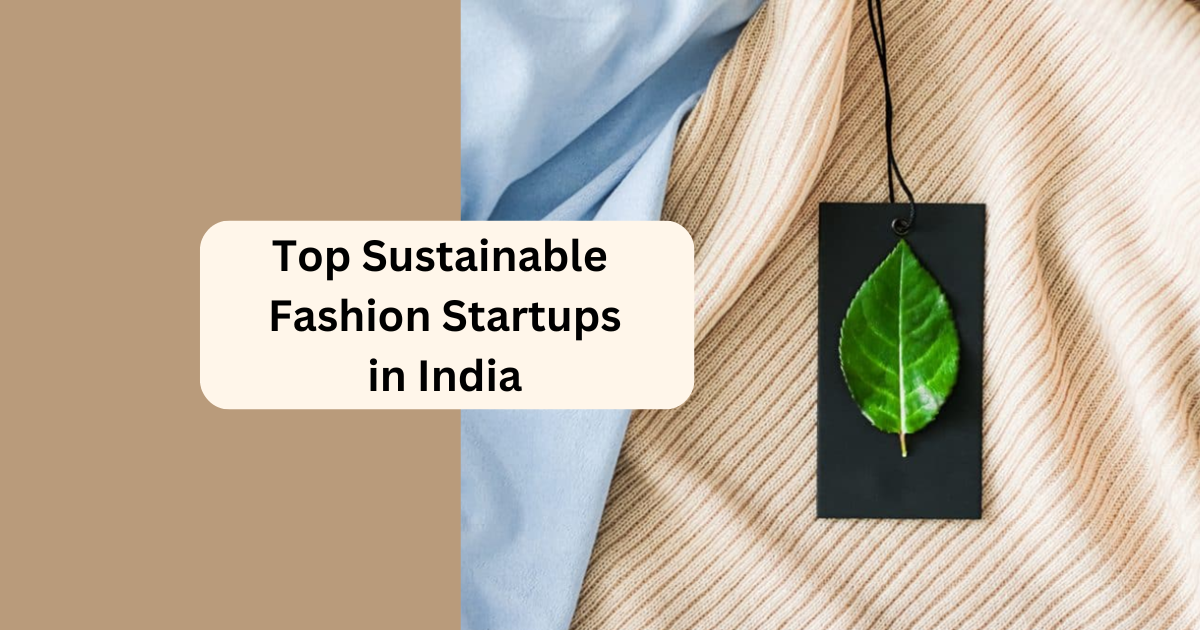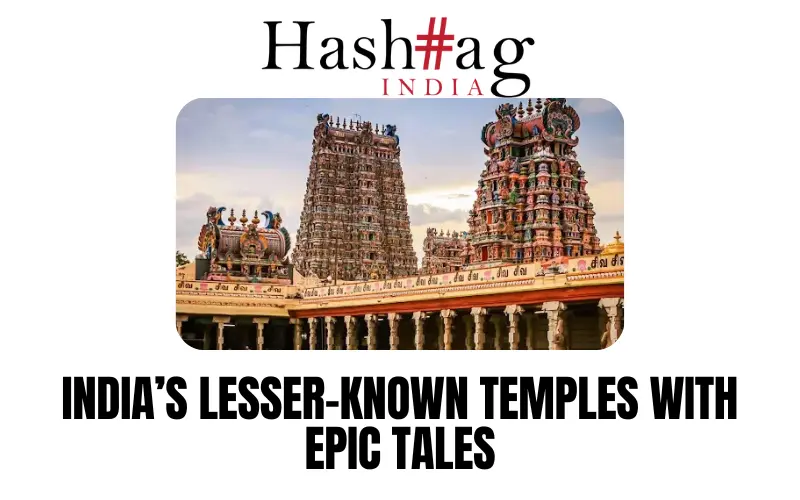The World of Fashion is undergoing a metamorphosis. Gone are the days of fleeting trends and environmentally reckless production. Today, a new breed of conscious consumers craves style with a soul. Dhanush Kumar writes about sustainable fashion startups, weaving a vibrant tapestry of ethical practices and eco-friendly materials.
Doodlage – More than just scraps

Doodlage isn’t your average thrift store find. They source their waste from reputable fashion houses and textile mills. Imagine leftover fabric from a high-end designer collection getting a second life as a statement shirt or a pair of trendy trousers.
Doodlage’s skilled artisans transform these discards into unique pieces, often incorporating playful patchwork designs and unexpected color combinations. Each Doodlage creation is a one-of-a-kind conversation starter, a testament to responsible consumption, and a celebration of individuality.
A Big Indian Story

A Big Indian story doesn’t shy away from its roots. It embraces India’s rich textile heritage, drawing inspiration from traditional weaves and craftsmanship. But what truly sets it apart is its commitment to innovation.
They experiment with cutting-edge sustainable materials like cactus leather, a cruelty-free alternative with a luxurious feel and impressive durability. Apple leather, another sustainable option, is also found in chic bags and wallets at A Big Indian Story.
Eco Tascar

For those who crave luxury with a conscience, Eco Tascar is a dream come true. This social enterprise focuses on Tassar Silk and Eri silk, natural fibers known for their exquisite luster and soft drape.
Eco Tascar works closely with local communities, ensuring fair wages for artisans and responsible production practices. Their stunning sarees, scarves, and kurtas are not just beautiful. They empower local communities and celebrate sustainable practices.
Mix Mitti

Sustainable fashion isn’t just about clothes. Mix Mitti understands our accessories can also be a canvas for eco-conscious expression. They curate a collection of handcrafted bags, jewelry, and phone cases made from recycled materials and natural fibers.
Mix Mitti celebrates slow fashion and supports local artisans who use traditional techniques to create unique pieces that are both beautiful and sustainable.
InSom

Gone are the days of sacrificing comfort or sustainability for luxurious sleepwear. InSom steps in with their GOTS-certified organic cotton pajamas and loungewear. This certification ensures the cotton is grown without harmful pesticides or fertilizers, making it gentle on even the most sensitive skin.
InSom prioritizes ethical production throughout its supply chain, so you can truly relax knowing your comfy PJs are good for you and the planet.
Conclusion
This is just a glimpse into the vibrant world of India’s sustainable fashion startups. These innovative brands are not just creating clothes but weaving a narrative of change. By prioritizing ethical production, eco-friendly materials, and fair labor practices, they are paving the way for a more sustainable future for fashion.

































